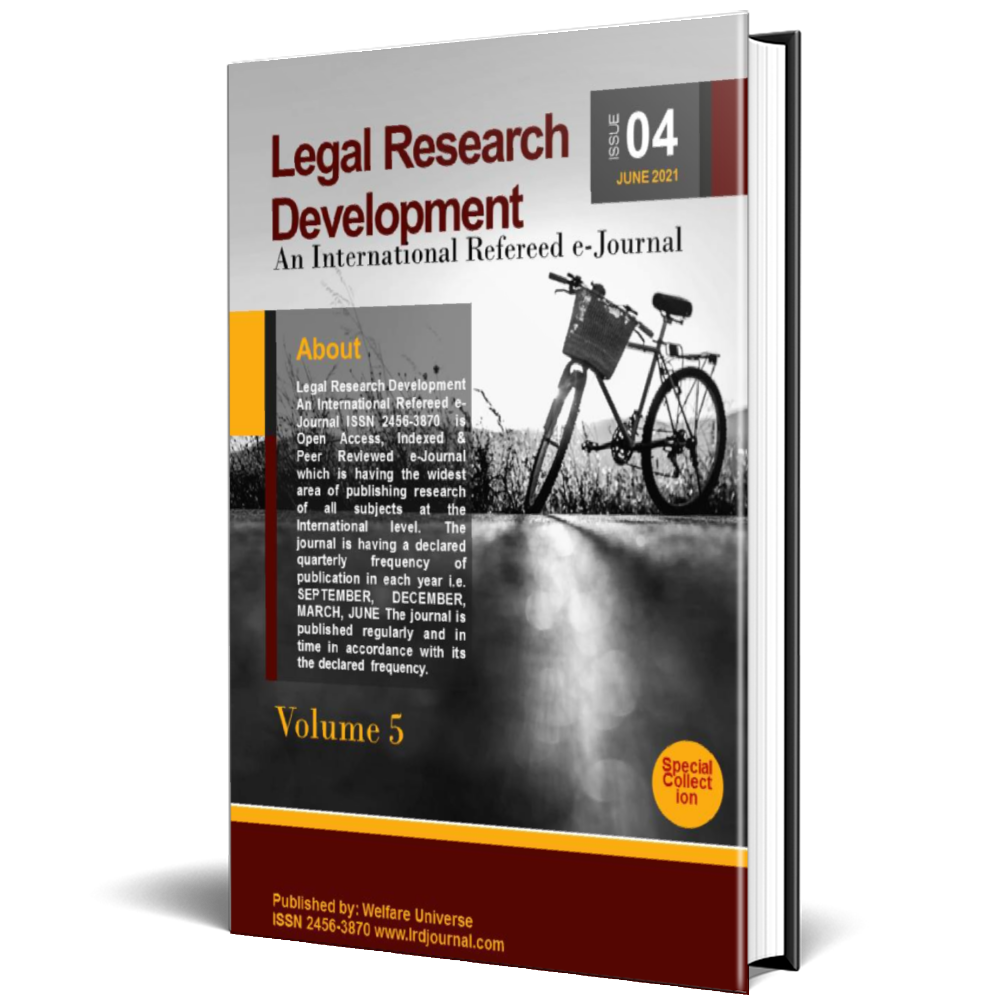National Securities Laws and Global Effect of National Security: An Analytical Study
DOI:
https://doi.org/10.53724/lrd/v7n2.4Keywords:
Security threats, fundamental freedoms, Human Rights, The security forces, Security LawsAbstract
Nations all around the world grapple with the issue of security, specifically how to define what constitutes national security, enact appropriate legislation, ensure applications, and provide security. It is imperative to remember that governments have duties to protect those who live within its boundaries as well as those who are residents of their country.
In this fast changing environment, security threats can come from a variety of unanticipated sources. Non-state actors, groups, loose networks, and even disconnected persons may now pose serious challenges to national security, in contrast to prior threats from other governments or nations that anticipated new threats. In this research article the researcher explain how to safe national security and how to stop the terrorism in India.
References
Clinton, Bill. A national security strategy for a new century. White House, 1998.
Argandoña, Antonio. "The United Nations convention against corruption and its impact on international companies." Journal of Business Ethics 74, no. 4 (2007): 481-496.
Price-Smith, Andrew T. The health of nations: Infectious disease, environmental change, and their effects on national security and development. Mit Press, 2001.
Wong, Kam C. "The USA patriot act: A policy of alienation." Mich. J. Race & L. 12 (2006): 161.
Yoo, John. "International law and the war in Iraq." American Journal of International Law 97, no. 3 (2003): 563-576.
Downloads
Published
How to Cite
Issue
Section
License

This work is licensed under a Creative Commons Attribution-NonCommercial 4.0 International License.










